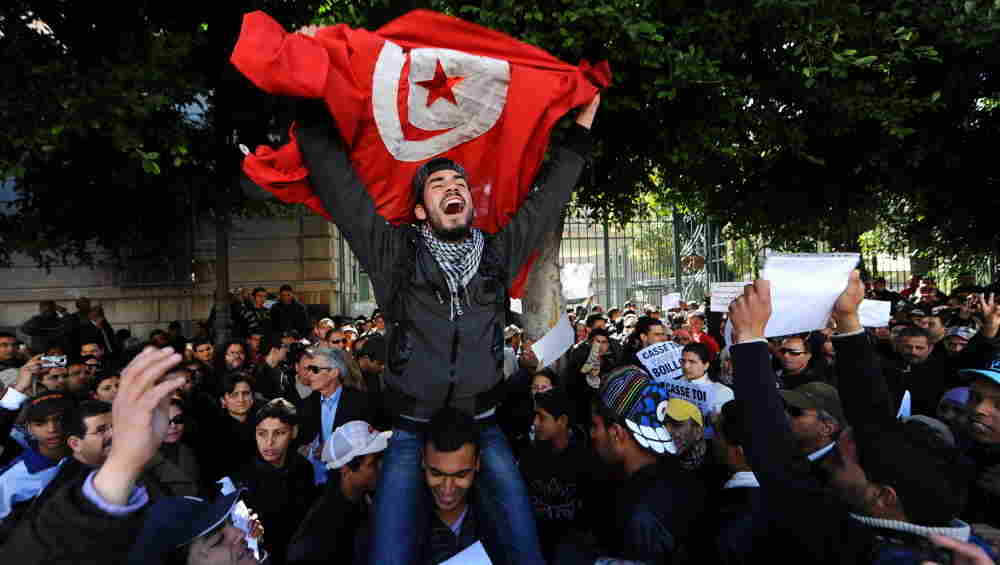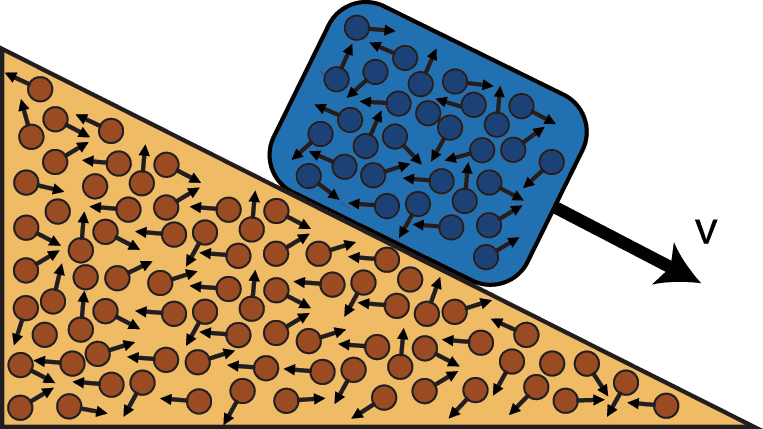Commentary: How Chicago can extinguish the pandemic, for good
(Chicago Tribune) The Great Chicago Fire of 1871 — 149 years ago this week — put the city to flame. Chicago burned house by house, block by block, and neighborhood by neighborhood. The coronavirus has not set all of Chicagoland alight but, if not for quick action to identify, contain and extinguish the blaze, it could. Data shows that COVID-19 …
Framing a Complexity Theory Solution to the Middle East Crises
February 24, 2011 – The cascading crises in the Middle East are being seen as a democratic transition and yet are raising concerns about social stability. One concern is the possibility of a transition to Iranian type theocracy. More generally, widespread violence has begun in some countries and may spread. To develop a solution to the risks of social unrest …
Six-Year Report on the Arab Spring
While many viewed the protests and revolutions in North Africa and the Middle East starting in December of 2010 as an “Arab Spring,” with a potential for a wave of democratization, our complexity based analysis published in February 2011 predicted otherwise. Not only did our analysis discount the likelihood of democratization, it anticipated a risk of power vacuums and forceful …
Complexity Rising: From Human Beings to Human Civilization, a Complexity Profile
Since time immemorial humans have complained that life is becoming more complex, but it is only now that we have a hope to analyze formally and verify this lament. This article analyzes the human social environment using the “complexity profile,” a mathematical tool for characterizing the collective behavior of a system. The analysis is used to justify the qualitative observation …
Why Complexity is Different
One of the hardest things to explain is why complex systems are actually different from simple systems. The problem is rooted in a set of ideas that work together and reinforce each other so that they appear seamless: Given a set of properties that a system has, we can study those properties with experiments and model what those properties do …
Beyond Contact Tracing
The 2014 Ebola outbreak in west Africa raised many questions about the control of infectious disease in an increasingly connected global society. Limited availability of contact information has made contact tracing difficult or impractical in combating the outbreak. We consider the development of multi-scale public health strategies and simulate policies for community-level response aimed at early screening of communities rather …
Transition to Extinction: Pandemics in a Connected World
The video (Figure 1) shows a simple model of hosts and pathogens we have used to study evolutionary dynamics. In the animation, the green are hosts and red are pathogens. As pathogens infect hosts, they spread across the system. If you look closely, you will see that the red changes tint from time to time — that is the natural …
How Community Response Stopped Ebola
In January of 2014 I spoke at the World Health Organization in Geneva, Switzerland. During the presentation I described our work on pathogen evolution and the effect of long range transportation [1]. I included our video about the risk of Ebola due to increasing transportation in Africa as it develops economically (Figure 2). The general expectation is that prior experience is …
- Page 1 of 2
- 1
- 2










